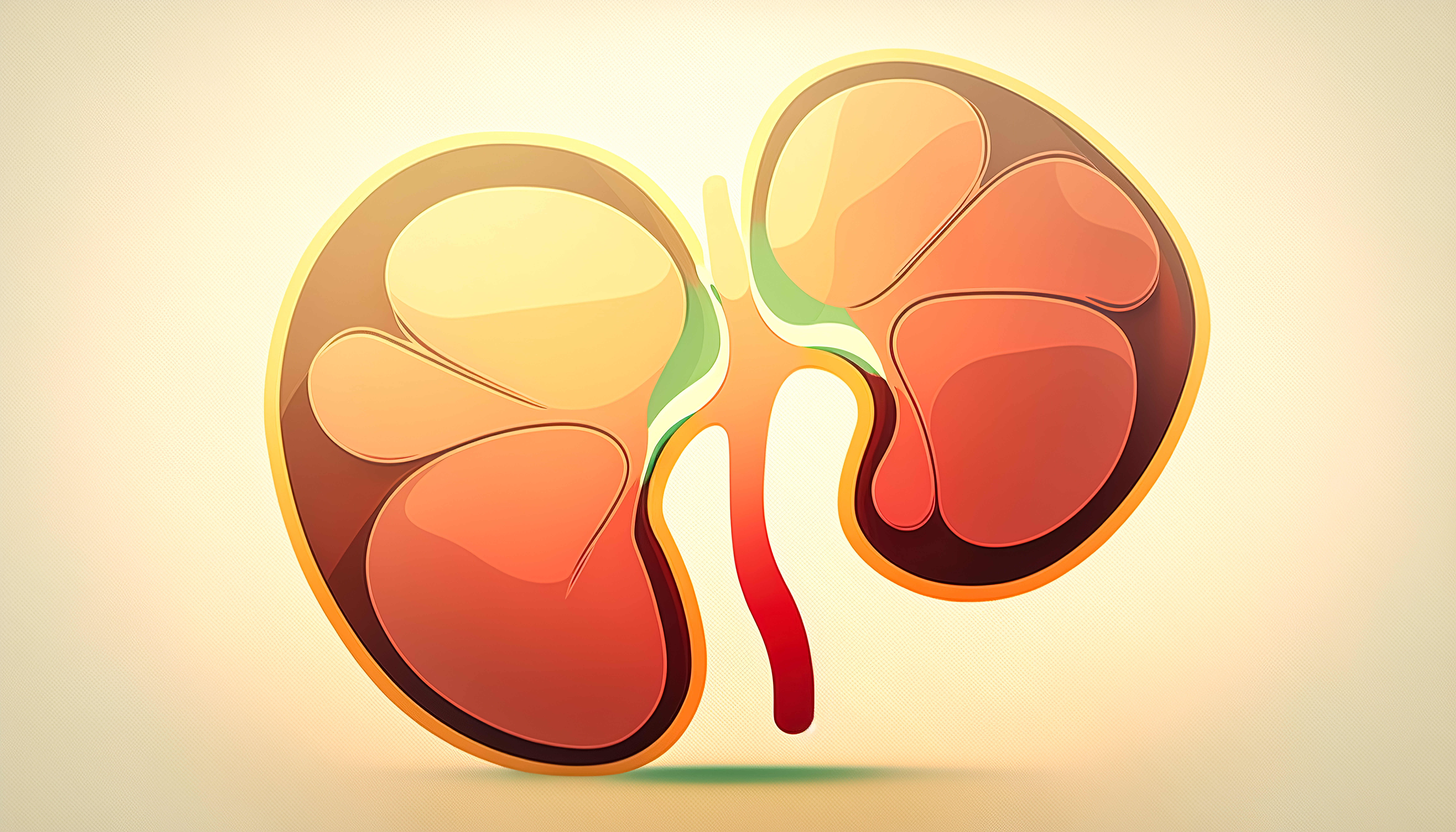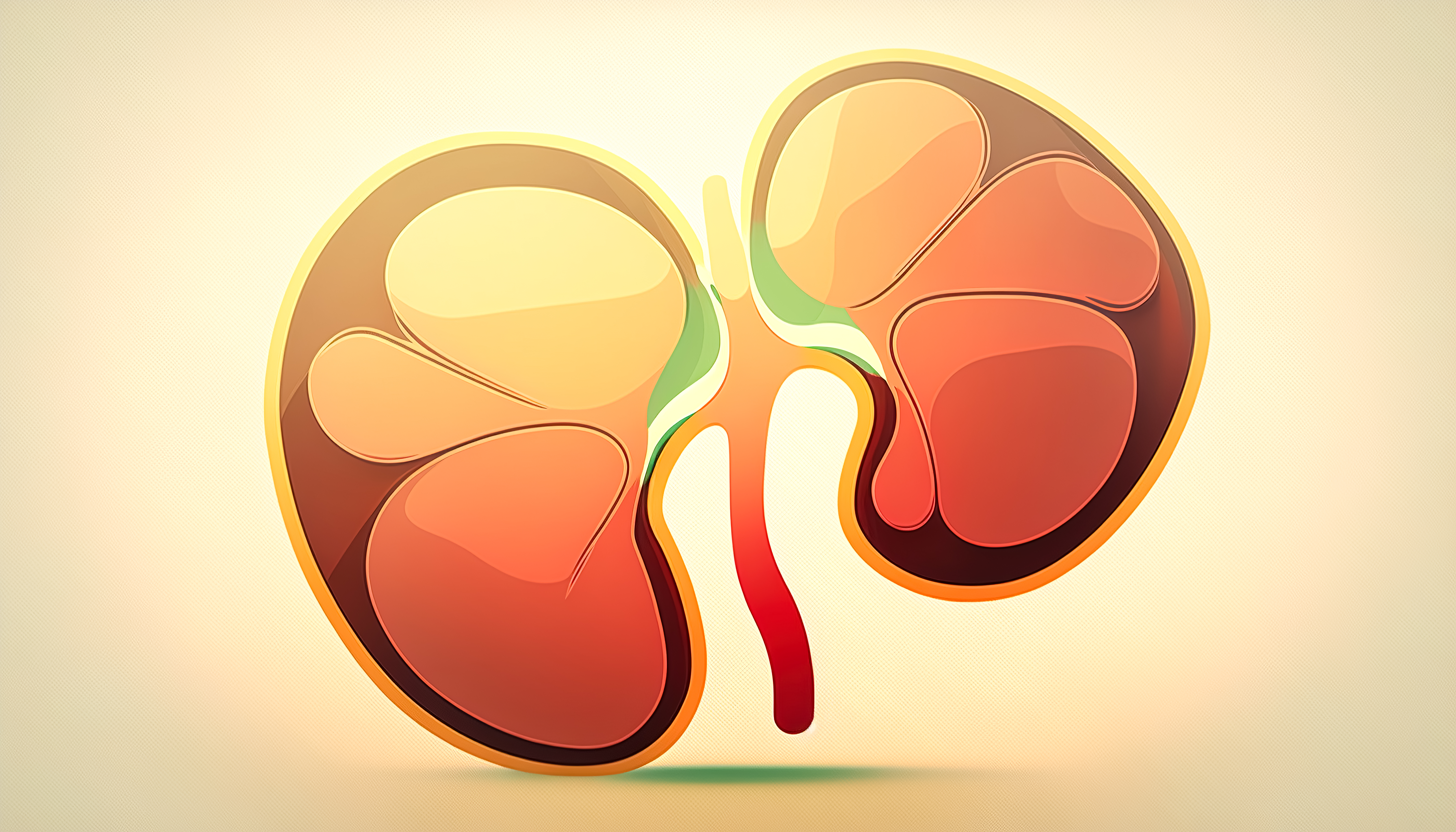Dialysis is a life-saving medical procedure primarily used to perform the functions of the kidneys when they are unable to function properly. Here are some of the key benefits of dialysis:
Removal of Waste Products: Dialysis helps in removing waste products, excess fluids, and toxins from the blood that would typically be filtered by healthy kidneys. This helps in maintaining a proper chemical balance in the body.
Fluid Balance: It helps in regulating the body's fluid balance, preventing fluid buildup that could lead to complications like edema (swelling), high blood pressure, and shortness of breath.
Electrolyte Balance: Dialysis helps maintain the balance of essential electrolytes such as potassium, sodium, and calcium in the blood. This is crucial as imbalances can cause heart rhythm abnormalities and other health issues.
Blood Pressure Control: Patients undergoing dialysis often have issues with high blood pressure. Dialysis can help in managing and controlling blood pressure levels.
Improved Quality of Life: For individuals with kidney failure, dialysis can significantly improve their quality of life by reducing symptoms associated with kidney failure like fatigue, nausea, and itching.
Lifesaving Procedure: Dialysis is a life-saving treatment for people suffering from end-stage renal disease (ESRD) when kidney function is severely impaired. Without dialysis, these individuals would not be able to survive.
Allows Time for Transplant: For patients awaiting a kidney transplant, dialysis serves as a bridge, helping to sustain life until a suitable donor kidney becomes available.
Customizable Options: There are different types of dialysis, including hemodialysis and peritoneal dialysis. Patients can work with their healthcare providers to choose the type that best suits their lifestyle and health needs.
However, it's important to note that while dialysis offers numerous benefits, it's not a cure for kidney disease. It's a treatment that needs to be undergone regularly, typically multiple times a week for those with chronic kidney disease. Also, dialysis can bring its own set of challenges and potential complications, so it's essential for patients to follow their treatment plan and work closely with their healthcare team for the best outcomes.

